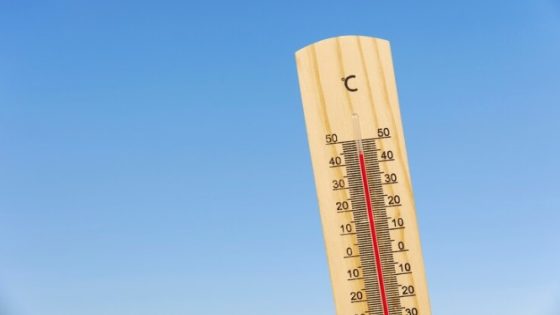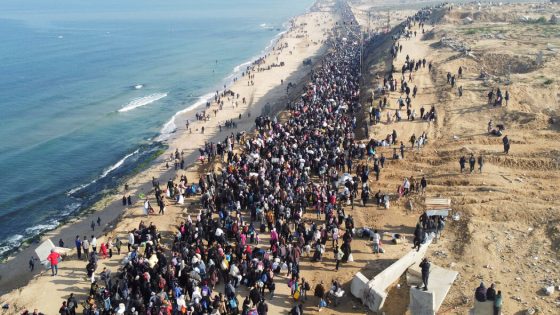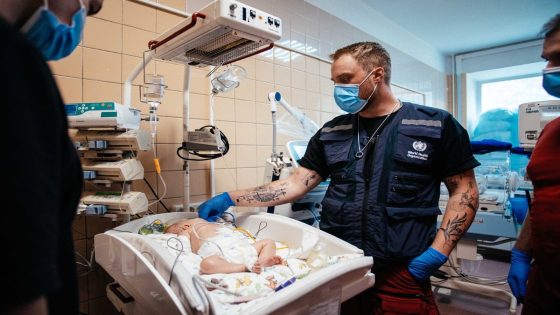As Brazil braces for an intense heat wave, temperatures in Rio Grande do Sul are expected to soar above 40°C in early February. This extreme weather, originating from Argentina, will primarily affect the western and northwestern regions of the state during the first week of the month. Are you prepared for the heat?
- Rio Grande do Sul faces extreme heat wave.
- Temperatures may exceed 40°C in February.
- Water shortages declared in multiple municipalities.
- Health recommendations to combat heat stress.
- Other southern states also experiencing high temperatures.
- January temperatures already above historical averages.
Extreme Heat Wave Expected in Brazil: What You Need to Know
With temperatures predicted to reach alarming highs, how can residents stay safe? The heat wave will peak between February 5 and 7, with cities like Bagé and Uruguaiana facing extreme thermal anomalies. This situation raises concerns about public health and water scarcity.
Impact of the Heat Wave on Brazil’s Weather and Water Supply
The heat wave will not only affect Rio Grande do Sul but will also extend to parts of Santa Catarina, Paraná, and southern Mato Grosso do Sul. The gradual increase in temperature starts on February 3, escalating throughout the week. This extreme heat exacerbates the ongoing drought, leading to emergency declarations in various municipalities.
Key Effects of the Heat Wave on Daily Life
As temperatures rise, residents must adapt to the changes. Here are some key points to consider:
- Increased risk of heat-related illnesses, especially among vulnerable populations.
- Water shortages may lead to reliance on trucked water supplies.
- Outdoor activities should be minimized during peak heat hours.
- Local authorities may implement measures to manage the water crisis.
Precautions to Take During the Heat Wave
To stay safe during this extreme weather, follow these guidelines:
- Stay hydrated by drinking plenty of water.
- Avoid strenuous activities during the hottest parts of the day.
- Seek shade or air-conditioned spaces whenever possible.
- Check on elderly neighbors and vulnerable individuals regularly.
As Brazil faces this challenging weather event, staying informed and prepared is essential. The heat wave not only affects daily life but also poses significant health risks. By taking necessary precautions, residents can navigate this intense period safely.

































